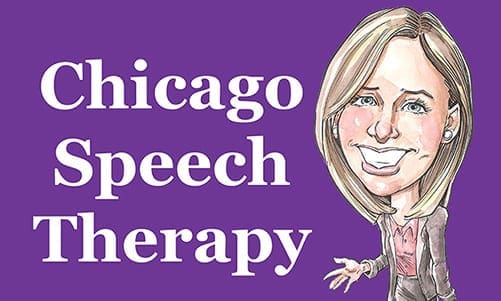One of today’s most debated topics for parents of young children is the connection between autism and vaccinations. As autism numbers in youth continue to rise, some speculate that the intense vaccination schedule for babies and toddlers is playing a part. Parents struggle with the weight of the decision to do what is best for their children amid an array of conflicting information. No parent wants to make the wrong decision, and listening to a fellow parent’s testimonial, rather than a pediatrician, can make the choice whether or not to vaccinate burdensome.
Contested Vaccinations
The debate arose as parents began to connect a series of autistic symptoms to the timing of children’s vaccinations. Autism, a neural development disorder, often begins to show symptoms between the ages of one and two, when children are receiving a large amount of vaccines to diseases such as hepatitis, polio, and tetanus. One of the most contested vaccinations is the MMR shot, used to prevent measles, mumps, and rubella, which is administered around 15 months of age. Many parents with autistic children believe that is when their children started exhibiting warning signs of autism, including a lack of eye contact and trouble recognizing loved ones, and feel the vaccinations are to blame.
Despite those contentions, the latest scientific evidence shows there is no connection between vaccinations and the development of autism. A 1998 medical paper that originally helped fuel the fire against the MMR shot was recently discredited, as the doctor was found to have a conflict of interest, having received funding from an anti-vaccination organization. Further studies regarding the connection between autism and vaccinations have not found any correlation; further illustrating the disorder is caused not by external stimuli but by genetic abnormalities.
Diagnosis of Autism
Diagnosis of autism is on the rise, as doctors, therapists, and parents become more adept at noticing early symptoms. Though there is broad range among autism patients, the most common signs are repetitive behavior, struggles with basic social development, and difficulty in communication.
Early detection is best in helping an autistic child achieve high functionality. Receiving a screening from a licensed pediatric speech therapist can help ensure proper treatment and course of action.


